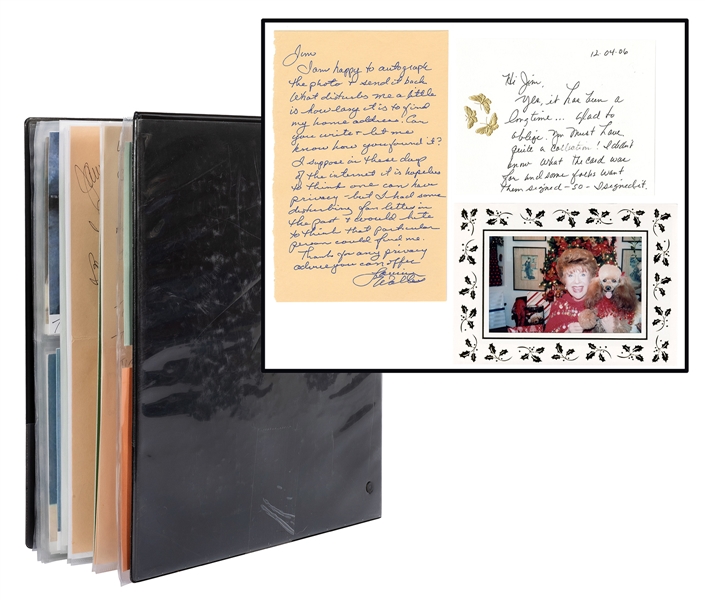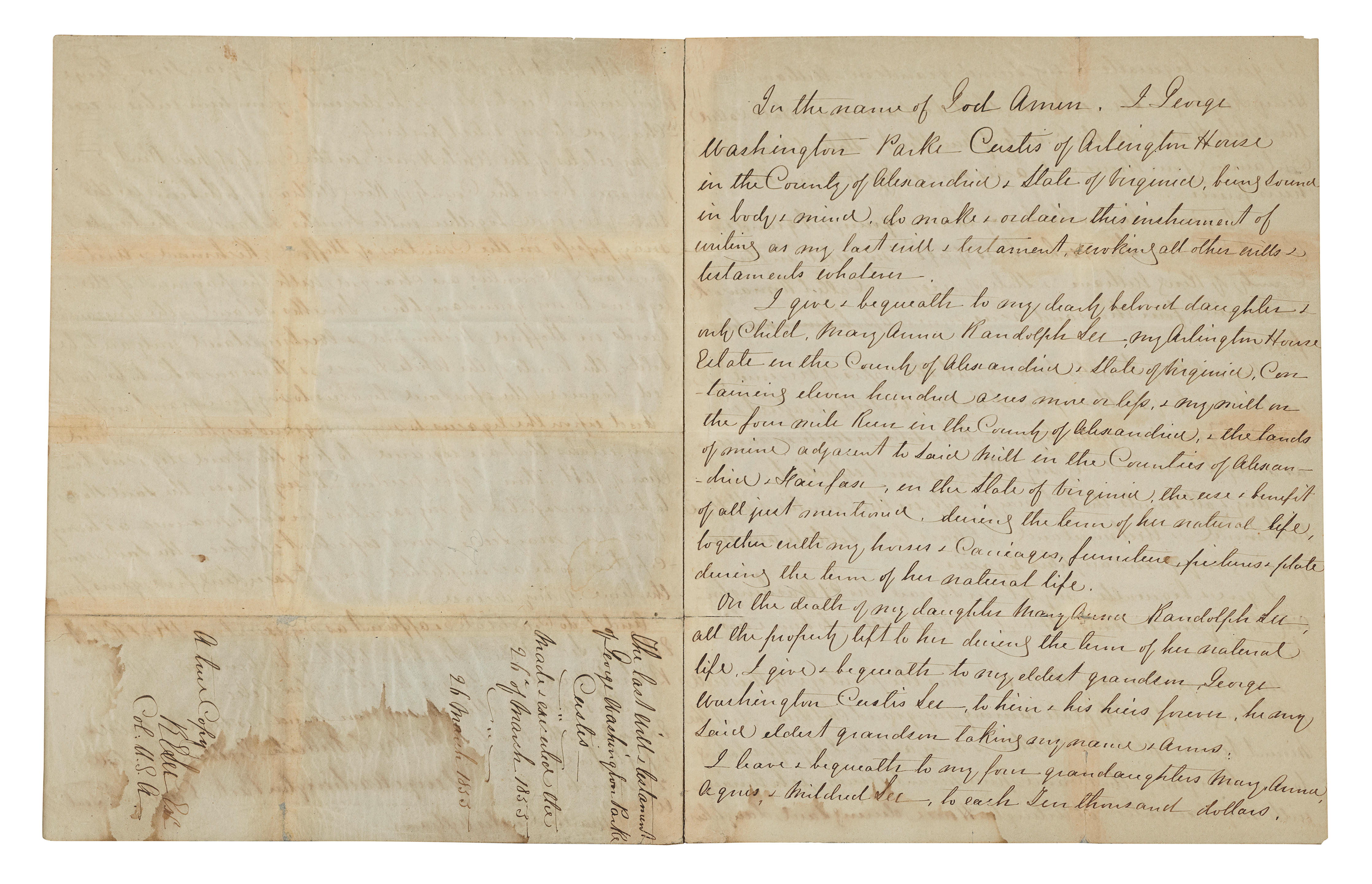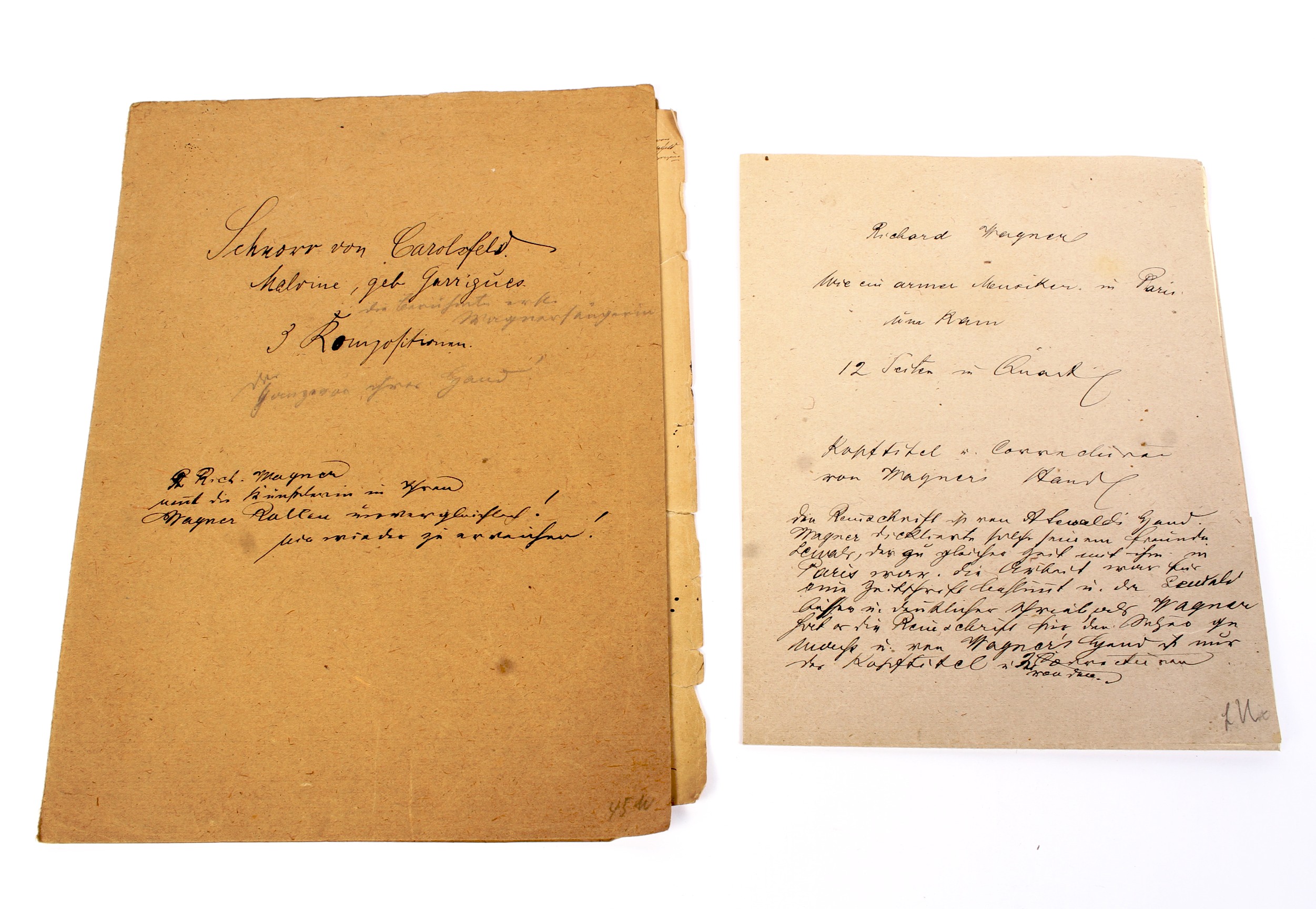1p, 8 x 10 in. sheet with signature and rank of ten officers at Fort Sumter, signed on or about 2 Apr. 1861. This is the staff on duty when the fort was bombarded the following week by Confederate and South Carolina forces. By April 6, Capt. Talbot was back in Washington, so his signature was most likely acquired before this, although Talbot would return to Charleston with Lincoln's message that the fort would be resupplied, he was not allowed to return to the fort or communicate with Major Anderson. Major Robert Anderson moved his companies of the 1st U.S. Artillery from the indefensible Fort Moultrie to the unfinished Fort Sumter in Charleston Harbor on Dec. 26, 1860. South Carolina had seceded six days earlier and Anderson was rightly concerned that the state would take possession of all military installations within its borders. The force was ill-equipped. They did not have all of their arms, very little ammunition, and they were running out of food, partly because of a military "downsizing" undertaken by President Buchanan. Over the next months, Governor Pickins and General G.T Beauregard requested the abandonment of the fort (in part to "save face," rather than surrender it). Major Anderson repeatedly requested instructions from Washington, but, in part because of the change in administration, nothing was forthcoming. When Lincoln took office on March 4, 1861, he was soon made aware of the situation in Charleston. From the State Department, William Seward advised against provisioning the fort, if it were even possible to do so peacefully. Lincoln decided to try to resupply them with troops on a civilian steamer, but the Star of the West was fired upon (actually some maintain the first shots of the war). Anderson kept reminding Beauregard that the fort would run out of food on 15 April, and he was waiting until then for instructions. Finally, on 11 April 1861, General Beauregard sent his aides with a message to Major Anderson: Sir: The Government of the Confederate States has hitherto forborne from any hostile demonstration against Fort Sumter, in the hope that the Government of the United States, with a view to the amicable adjustment of all questions between the two Governments, and to avert the calamities of war, would voluntarily evacuate it. There was reason at one time to believe that such would be the course pursued by the Government of the United States, and under that impression my Government has refrained from making any demand for the surrender of the fort. But the Confederate States can no longer delay assuming actual possession of a fortification commanding the entrance of one of their harbors....I am ordered by the Government of the Confederate States to demand the evacuation of Fort Sumter....All proper facilities will be afforded for the removal of yourself and comand, together with company arms and property, and all private property, to any post in the United States which you may selsct. The flag which you have upheld so long ... may be saluted by you on taking it down.... Major Anderson acknowledged the message, but replied ...I regret that my sense of honor, and of my obligations to my Government, prevent my compliance. He also apparently told Beauregard's aides that he would soon run out of food, anyway. Beauregard acknowledged the verbal communication, and requested more information. If you will state the time at which you will evacuate Fort Sumter, and agree that in the mean time you will not use your guns against us unless ours shall be employed against Fort Sumter, we will abstain from opening fire upon you. Major Anderson gave Beauregard very specific information: ...cordially uniting with you in the desire to avoid the useless effusion of blood, I will, if provided with the proper and necessary means of transportation, evacuate Fort Sumter by noon on the 15th..., and not fire upon South Carolina forces. However, within only hours, in a message stamped 3:20 a.m. on April 12, By authority of Brigad
1p, 8 x 10 in. sheet with signature and rank of ten officers at Fort Sumter, signed on or about 2 Apr. 1861. This is the staff on duty when the fort was bombarded the following week by Confederate and South Carolina forces. By April 6, Capt. Talbot was back in Washington, so his signature was most likely acquired before this, although Talbot would return to Charleston with Lincoln's message that the fort would be resupplied, he was not allowed to return to the fort or communicate with Major Anderson. Major Robert Anderson moved his companies of the 1st U.S. Artillery from the indefensible Fort Moultrie to the unfinished Fort Sumter in Charleston Harbor on Dec. 26, 1860. South Carolina had seceded six days earlier and Anderson was rightly concerned that the state would take possession of all military installations within its borders. The force was ill-equipped. They did not have all of their arms, very little ammunition, and they were running out of food, partly because of a military "downsizing" undertaken by President Buchanan. Over the next months, Governor Pickins and General G.T Beauregard requested the abandonment of the fort (in part to "save face," rather than surrender it). Major Anderson repeatedly requested instructions from Washington, but, in part because of the change in administration, nothing was forthcoming. When Lincoln took office on March 4, 1861, he was soon made aware of the situation in Charleston. From the State Department, William Seward advised against provisioning the fort, if it were even possible to do so peacefully. Lincoln decided to try to resupply them with troops on a civilian steamer, but the Star of the West was fired upon (actually some maintain the first shots of the war). Anderson kept reminding Beauregard that the fort would run out of food on 15 April, and he was waiting until then for instructions. Finally, on 11 April 1861, General Beauregard sent his aides with a message to Major Anderson: Sir: The Government of the Confederate States has hitherto forborne from any hostile demonstration against Fort Sumter, in the hope that the Government of the United States, with a view to the amicable adjustment of all questions between the two Governments, and to avert the calamities of war, would voluntarily evacuate it. There was reason at one time to believe that such would be the course pursued by the Government of the United States, and under that impression my Government has refrained from making any demand for the surrender of the fort. But the Confederate States can no longer delay assuming actual possession of a fortification commanding the entrance of one of their harbors....I am ordered by the Government of the Confederate States to demand the evacuation of Fort Sumter....All proper facilities will be afforded for the removal of yourself and comand, together with company arms and property, and all private property, to any post in the United States which you may selsct. The flag which you have upheld so long ... may be saluted by you on taking it down.... Major Anderson acknowledged the message, but replied ...I regret that my sense of honor, and of my obligations to my Government, prevent my compliance. He also apparently told Beauregard's aides that he would soon run out of food, anyway. Beauregard acknowledged the verbal communication, and requested more information. If you will state the time at which you will evacuate Fort Sumter, and agree that in the mean time you will not use your guns against us unless ours shall be employed against Fort Sumter, we will abstain from opening fire upon you. Major Anderson gave Beauregard very specific information: ...cordially uniting with you in the desire to avoid the useless effusion of blood, I will, if provided with the proper and necessary means of transportation, evacuate Fort Sumter by noon on the 15th..., and not fire upon South Carolina forces. However, within only hours, in a message stamped 3:20 a.m. on April 12, By authority of Brigad














.jpg)
Try LotSearch and its premium features for 7 days - without any costs!
Be notified automatically about new items in upcoming auctions.
Create an alert